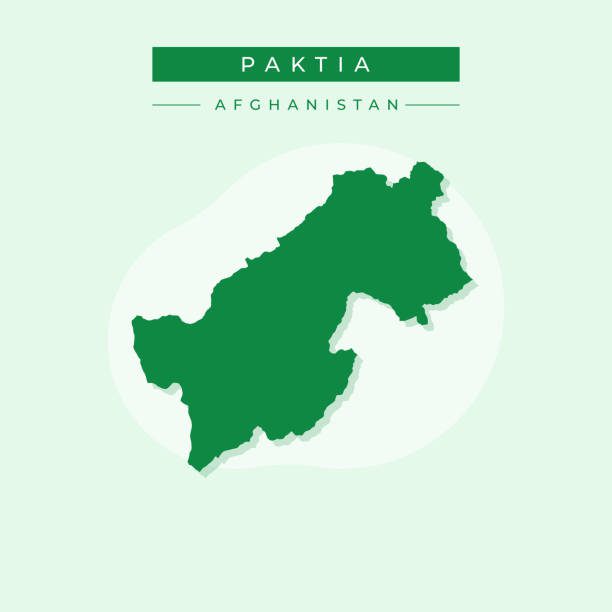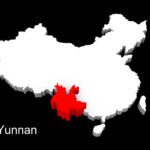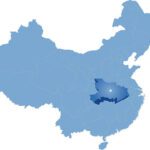The Center for the Scientific Study of Families reports are designed to provide relevant information about the conditional state of families in a specified context. The report provides information such as population, culture, family structure, and family life.
Family reports are an important tool for improving the lives of families. By providing information about the family’s conditional state and context, family reports can help improve communication between families and service providers and lead to better outcomes for families and children.
Introducing Paktia, Afghanistan
Paktia, or Paktya or Paktiya, province is located in the east of the country of Afghanistan. Forming part of the larger Loya Paktia region, Paktia Province is divided into 15 districts and has a population of roughly 623,000, which is mostly a tribal society living in rural areas. The capital city of Paktia is Gardez, which is also one of the major urban centers in the province.
The history of Paktia is long and complex. A variety of empires and kingdoms have ruled the area over the centuries. In the 19th century, Paktia was a key battleground in the Anglo-Afghan Wars. The Durrani Empire, the Taliban, and the Islamic Republic of Afghanistan all ruled the province in the 20th century.
The economy of Paktia is largely based on agriculture and livestock. The province is known for producing various crops, including wheat, barley, and fruits. Livestock farming is also a significant source of livelihood for many residents. Additionally, trade and cross-border commerce with neighboring Pakistan play a role in the local economy.
Cultural and Ethnic Diversity
Paktia, like many other provinces in Afghanistan, is home to a diverse range of cultural and ethnic groups. The primary ethnic group in Paktia is the Pashtun community, which is the largest and most prominent ethnic group in the region. However, there are also smaller populations of other ethnic groups. Here are some of the major cultural and ethnic groups in Paktia, provided by the Naval Postgraduate School:
Pashtuns: The Pashtuns are the dominant ethnic group in Paktia, making up over 90% of the population. They have a strong cultural and historical presence in the region, with Pashto being the predominant language. Pashtun culture is characterized by a code of conduct called “Pashtunwali,” which emphasizes concepts like hospitality and honor.
Tajiks: While the majority of the population in Paktia is Pashtun, there is also a Tajik minority present of roughly 9%. Tajiks are another major ethnic group in Afghanistan, and they primarily speak the Dari language. Tajiks have their own distinct cultural practices and history.
Hazaras: The Hazaras are a minority ethnic group in Paktia and Afghanistan as a whole. They often reside in central and western parts of Afghanistan. Hazaras are known for their distinctive features, including their Mongoloid facial characteristics. They primarily speak Dari and practice Shia Islam.
Others: In addition to the Pashtuns, Tajiks, and Hazaras, there may be smaller communities of other ethnic groups in Paktia. These could include Uzbeks, Aimaks, and Baloch, among others.
Family Demographics
In rural and traditional areas like Paktia, family structures can be particularly close-knit and influential. Afghanistan has historically had larger families, with several children being common. In Paktia specifically, the average family size is about 7 people. Specific statistics regarding marriage and divorce rates were not found, although Paktia is known to have the highest rate of child brides across the country.
The literacy rate has gone down in recent years and was reported as 25% in 2012. This is largely due to the closure of many schools in the province due to a lack of resources. However, the Afghan government, NGOs, and international organizations have made efforts to improve education in Afghanistan, including in Paktia. These efforts include building schools, training teachers, and promoting education for girls and women.
Conclusion
The distinctive traditions and historical contexts of each ethnic group influence family life in Paktia, Afghanistan, which is incredibly diverse. While each group has its distinct characteristics, common threads of communal support, respect for elders, and religious observance run through the fabric of Afghan family life. As Afghanistan continues to navigate modernization and social change, these family dynamics remain integral to the cultural identity of the region.





